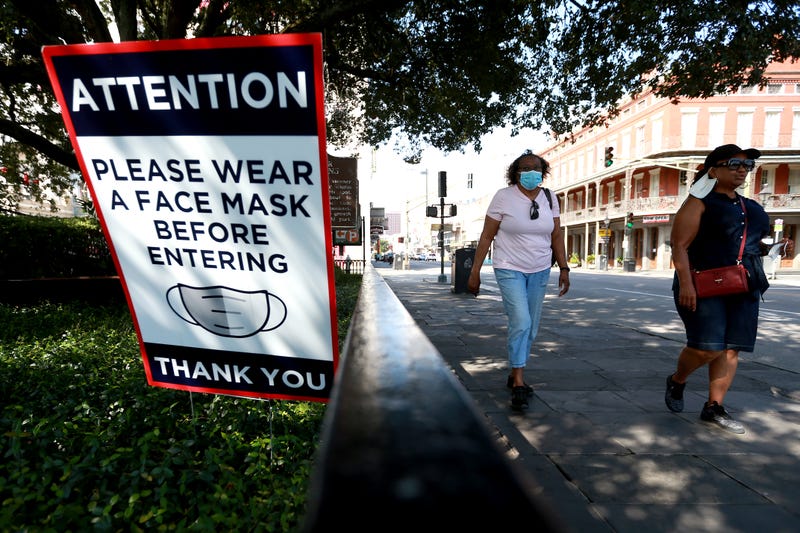
A nasal spray to treat COVID-19 is much closer to reality more than two years into the pandemic, thanks to a team of UC Berkeley scientists.
The researchers published a study last week in the scientific journal Nature Communications showing a coronavirus therapeutic administered in hamsters and mice's noses was highly effective in treating and preventing infections.
Additional experiments are necessary before the treatment, known as antisense oligonucleotides (ASOs), can be approved for human clinical trials. But the scientists are optimistic about ASOs' utility as a readily replicable nasal spray, especially after the group's initial research indicated it's unlikely to produce toxic side effects in people.
While COVID-19 vaccines are readily available to Americans as young as 6 months old, existing therapeutics have more conditions attached. The two U.S. Food and Drug Administration-approved antiviral treatments are authorized for people over 12 at high risk of developing serious symptoms, as are monoclonal antibodies. Supplies have improved for Pfizer's Paxlovid, but the aforementioned restrictions remain.
"It's very clear that this virus is not going away," senior author Anders Näär, a professor of metabolic biology in UC Berkeley's Department of Nutritional Sciences and Toxicology, told the Vice Chancellor for Research's website on Monday. “We need a lot of different avenues to tackle it, and therapeutics like ours that are agnostic to the variants could play a major role."
ASOs can prevent coronavirus strains from replicating within the body by targeting its RNA, and one of the study's authors likened it to "jamming the COVID-19 copy machine." All of the variants of concern, from delta to omicron, contain the same code in its RNA allowing the virus to replicate.
The Berkeley-researched treatment is chemically stable and cheaply scalable, allowing for widespread reproduction. Because it specifically targets a code in COVID-19 RNA, the researchers said that ASOs could easily be tweaked to target other RNA viruses. They've already begun exploring ASOs as a possible treatment for influenza viruses.
"If we can design ASOs that target entire viral families, then when a new pandemic emerges, as long as we know which family the virus belongs to, we could use the nasally delivered ASOs to suppress the pandemic in its early stages," study first author Chi Zhu, a postdoctoral Nutritional Sciences and Toxicology scholar at UC Berkeley, told the university website. "That's the beauty of this new therapeutic."
LISTEN on the Audacy App
Sign up and follow Audacy
Facebook | Twitter | Instagram

